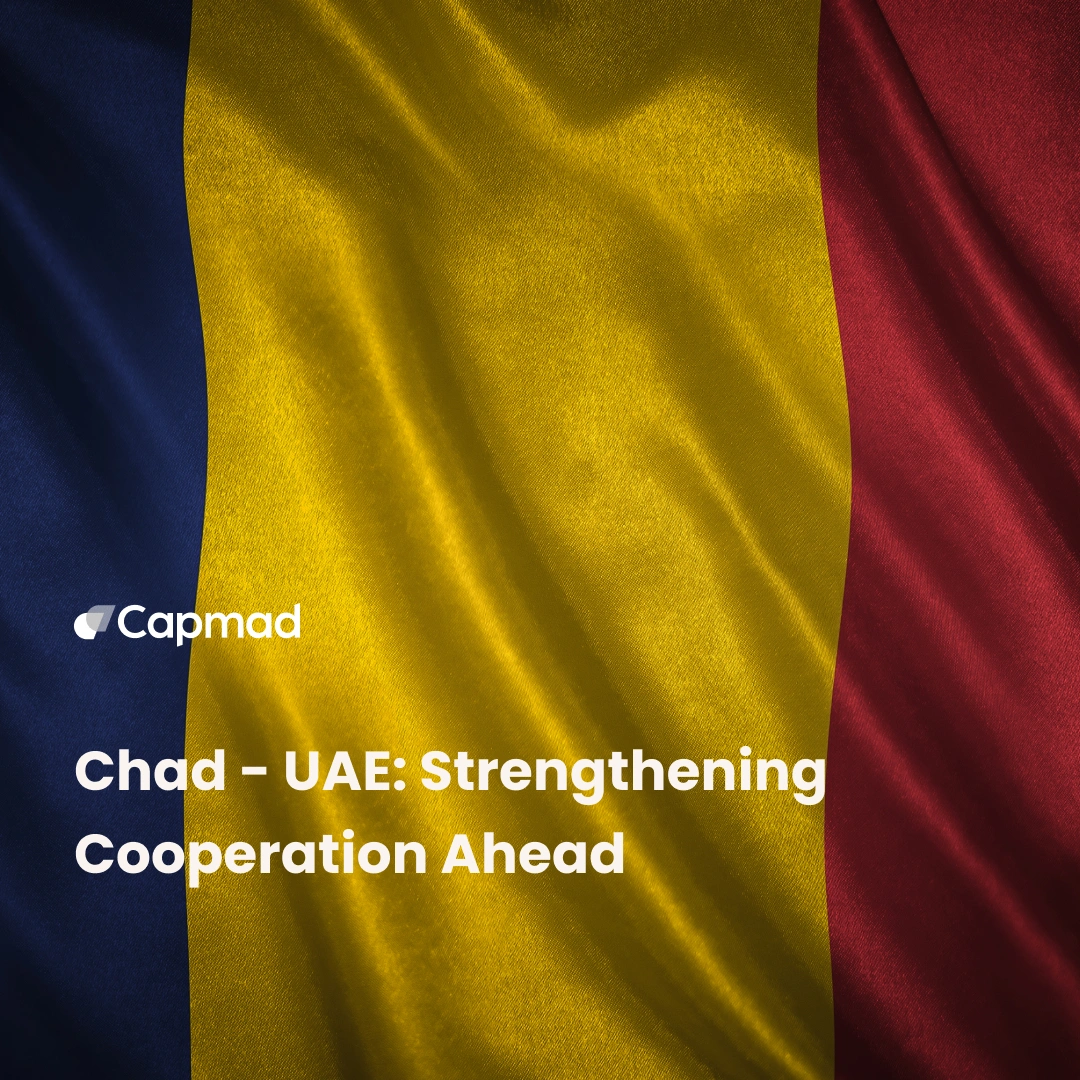Ghana and Morocco have just signed an agreement to establish a mutual visa waiver for all categories of travelers from both countries. This agreement, welcomed by many observers, marks a significant milestone in facilitating travel between these two West and North African nations. This decision has major implications not only for travelers, but also for businesses, students, and economic stakeholders in both countries.
Background and Objectives of the Visa Waiver Agreement
The visa waiver agreement between Ghana and Morocco meets several strategic objectives for both nations. First, it is part of a context of strengthening bilateral ties in terms of political, economic, and cultural cooperation.
Morocco, which plays a key role in North Africa, seeks to expand its influence in sub-Saharan Africa. Meanwhile, Ghana, one of the most dynamic economies in West Africa, seeks to strengthen its relations with the Arab world and diversify its economic partnerships.
Ghana recorded economic growth of 6.2% in 2024, well above the continental average. This rapid growth makes it a partner of choice for Morocco, as part of a cooperation aimed at capitalizing on these economic dynamics.
The agreement between the two countries also aims to facilitate trade, tourism, foreign direct investment, as well as collaboration in education and research. The goal is to facilitate travel more seamlessly, thereby boosting bilateral relations in these various sectors.
Economic Resilience
In 2023, the number of Moroccan tourists visiting West Africa increased by 15% compared to the previous year. The visa exemption could further increase this flow. On the other hand, Ghana attracts approximately 500,000 tourists each year, and some of this population could be interested in Morocco as a destination.
Easier access to these two markets could encourage greater student mobility, with opportunities for academic exchanges, particularly in the fields of technology, agriculture, and trade, where the two countries possess complementary expertise.
Benefits for Ghanaian and Moroccan Citizens
Economic and Commercial Impacts
On the economic front, the agreement is also expected to boost trade relations between Morocco and Ghana. Morocco, a major player in African trade, has a diversified economy including sectors such as agriculture, the automotive industry, aeronautics, and renewable energy.
Ghana, for its part, is an economic powerhouse in West Africa, with a thriving mining sector, significant agricultural production (notably cocoa, oil, and gold), and strong growth in the technology sector.
The visa exemption will facilitate access to each other’s markets. Ghana is already Morocco’s third-largest trading partner in sub-Saharan Africa, after South Africa and Nigeria. With this new measure, trade between the two countries is expected to strengthen.
Morocco’s Role in Africa and South-South Cooperation
This new travel facilitation measure is part of a broader effort to promote South-South cooperation in Africa. Morocco, under the leadership of King Mohammed VI, has launched several initiatives aimed at strengthening ties between African countries.
The kingdom has also signed similar agreements with other African countries, such as Tunisia, Côte d’Ivoire, and Senegal. Furthermore, Morocco is a key player in the African Continental Free Trade Area (AfCFTA) initiative, and seeks to promote an environment where the movement of people, goods and services is facilitated across the continent.
Long-Term Perspective
The visa waiver between Ghana and Morocco is a first step in a broader partnership that could include joint projects in tourism, renewable energy, and technological innovation. The two countries could also develop cooperative initiatives to combat climate change, an area in which Morocco is already well-positioned thanks to its experience in developing solar and wind energy.
This type of agreement could, in the long term, constitute a development model for Africa, strengthening its regional integration and promoting the free movement of talent.






